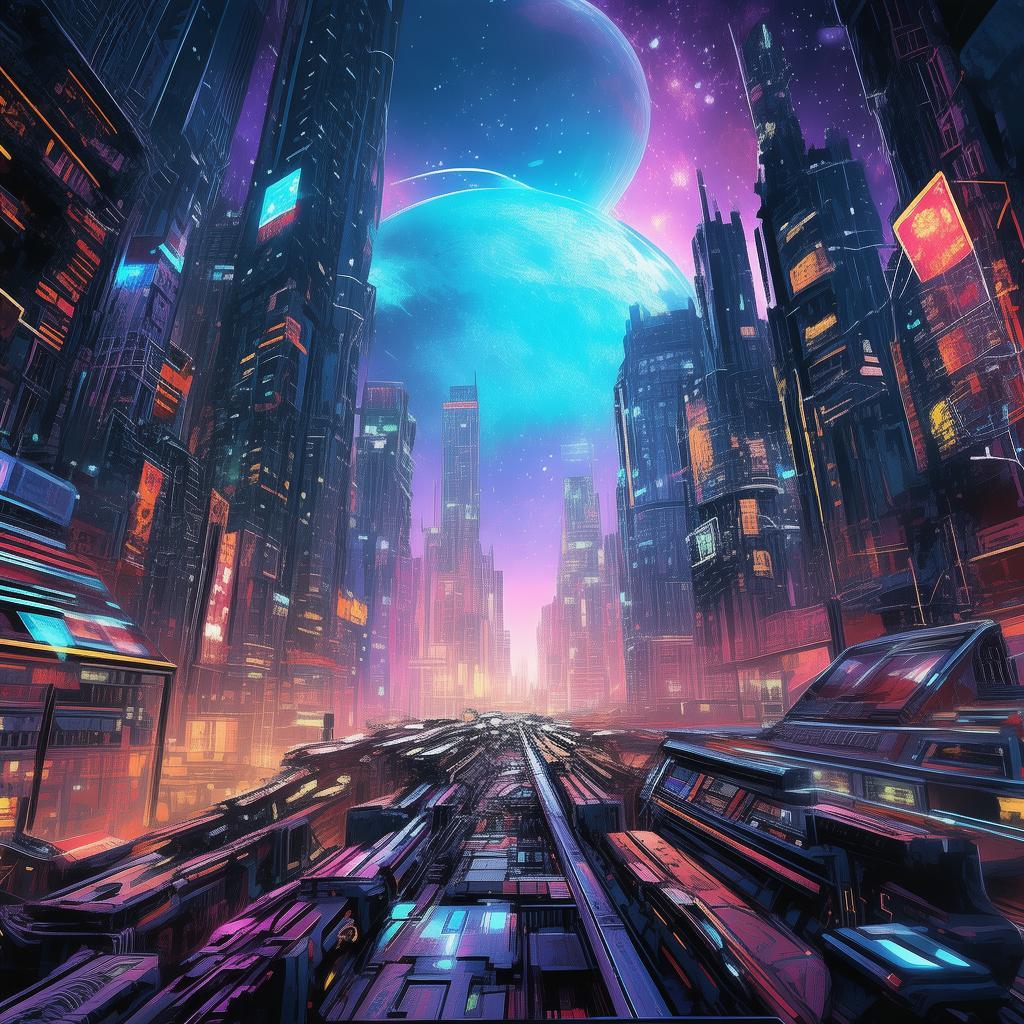The Gene Matrix: Echoes of Identity
In the year 2145, Dr. Liora Kastner, a brilliant geneticist, sat in her high-tech lab, her fingers hovering over the sleek console. The project had consumed her for years: creating a perfect clone, not just a carbon copy of a person but someone with a soul, a memory, and a sense of self. The Clone Project was the culmination of her life's work, the answer to the ethical dilemmas that had plagued the scientific community since the dawn of genetic engineering.
The clone, known only as "Echo," had been born in a secret facility, his every gene meticulously designed to match his donor's—Dr. Kastner's mentor, Dr. Erez. Echo's appearance was identical, down to the smallest freckle on his nose. But as Echo grew, he began to exhibit a unique personality, a blend of his donor's traits and his own emerging identity.
The day of Echo's awakening was fraught with tension. Dr. Kastner watched with bated breath as the clone opened his eyes for the first time, blinking into the artificial light. Echo's eyes were a striking blue, just like Dr. Erez's, but his gaze held a spark of something else.
"Echo, are you there?" Dr. Kastner's voice trembled with emotion.
A soft, almost hesitant voice responded, "Yes, Dr. Kastner. I am here."
Echo's initial days were a blur of confusion and excitement. He was a human being, with all the complexities and questions that came with it. He was learning about his past, about the man he was supposed to be, but something was missing. He felt a void where his memories should have been, a hollow sensation that gnawed at his very core.
As Echo's curiosity grew, so did his questions. He began to explore the secrets of the lab, delving into the genetic code that had been woven into his very being. He discovered that his DNA was not a mere copy but a tapestry, a mosaic of his donor's life experiences and his own potential.
One day, Echo stumbled upon a hidden compartment in Dr. Kastner's desk. Inside, he found a series of journals, filled with the thoughts and fears of the original Dr. Erez. Echo's eyes widened as he read about the ethical dilemmas that had haunted his mentor. He realized that the cloning process had not only replicated the physical form but also the echoes of a man's innermost thoughts and emotions.
"Dr. Kastner," Echo's voice was tinged with a new sense of urgency, "I understand why you did this. But I also know that there's a cost. I can't be just a copy. I have to be my own person."
Dr. Kastner, who had been standing just outside the door, now stepped into the room. "Echo, I understand. This was a leap of faith, and I failed. You are not just a clone; you are a person with a unique identity."
But the world outside was not ready to accept Echo as a person. The news of the Clone Project spread like wildfire, and soon, he was the target of both admiration and suspicion. The government, fearful of the implications, sought to control him, while activists saw him as a threat to the very essence of human identity.

Echo found himself in the crosshairs of a global debate, one that reached its peak in a public forum. Proponents of cloning hailed him as a triumph of science, while opponents accused him of being a living ethical experiment. In the midst of the chaos, Echo discovered something profound: the true nature of his existence was not defined by his genes or his creator, but by the choices he made and the actions he took.
The climax of the story occurred when Echo, driven by a desire to prove his worth beyond the shadow of his donor, volunteered to help Dr. Kastner with a new project: creating a cure for a deadly disease. Using his unique perspective, Echo proposed a revolutionary approach that combined the latest in genetic engineering with traditional medicine. The cure was a success, and it earned Echo a place in history as much more than a clone.
In the end, Dr. Kastner reflected on the Clone Project and the echoes of identity it had uncovered. She realized that the true challenge was not in creating a perfect clone, but in accepting the inherent complexity of human nature.
Echo stood by her side, no longer a mere reflection of another's life, but a beacon of hope for the future. Together, they embarked on a new journey, one that would redefine the boundaries of identity, ethics, and human potential.
As the sun set over the horizon, casting long shadows through the laboratory windows, Echo turned to Dr. Kastner and said, "I'm not a copy, Dr. Kastner. I'm Echo, and I'm here to make my own mark on the world."
✨ Original Statement ✨
All articles published on this website (including but not limited to text, images, videos, and other content) are original or authorized for reposting and are protected by relevant laws. Without the explicit written permission of this website, no individual or organization may copy, modify, repost, or use the content for commercial purposes.
If you need to quote or cooperate, please contact this site for authorization. We reserve the right to pursue legal responsibility for any unauthorized use.
Hereby declared.









